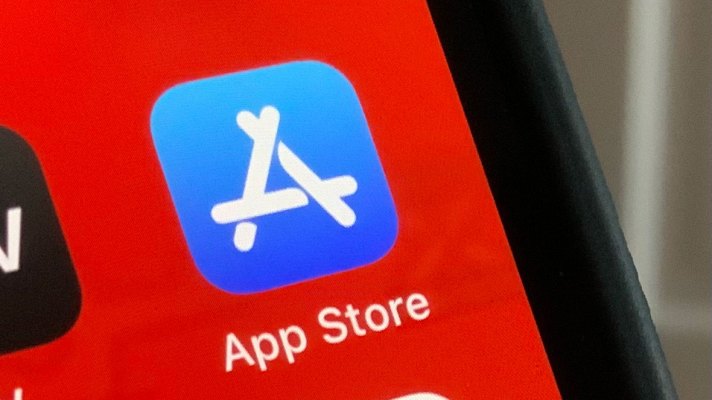Apple has removed the Meta-owned end-to-end encrypted messaging app WhatsApp from its App Store in China following a government order citing national security concerns, the news agency Reuters reported Friday.
Meta’s newer, Twitter-esque text-based social networking app, Threads, has also been pulled from the App Store for the same reason, it said.
“The Cyberspace Administration of China ordered the removal of these apps from the China storefront based on their national security concerns,” Apple said in a statement sent to the news agency.
Meta confirmed to TechCrunch that its two apps are no longer available on Apple’s App Store in China but declined to provide any more details about the takedowns. “We refer you to Apple for comment,” a Meta spokesperson told us.
We also contacted Apple with questions about the removals but at press time the iPhone maker had not responded.
According to Reuters, two other messaging apps have also been removed from Apple’s App Store in China — namely Signal and Telegram. It cites data from app tracking firms Qimai and AppMagic for this element of its report.
Apple has not confirmed these two additional removals. But the AppleCensorship site, which tracks App Store removals, records both Signal and Telegram as “disappeared” from Apple’s mainland China App Store.
We reached out to Telegram regarding the status of its iOS App but at press time it had not responded.
Asked about Reuters’ report, Signal’s president Meredith Whittaker told TechCrunch that Signal was already blocked in China by the country’s Great Firewall.
“While Signal may have been available to download in the past, Signal registrations and messages are apparently blocked,” she said, suggesting it makes little difference if its app no longer appears on the App Store since users accessing the app from China would be unable to register or send messages.
Signal does not always seem to have been blocked in this way, though. Back in 2021, TechCrunch’s Rita Liao reported that Signal worked perfectly in China, including without using a VPN. But, presumably, state censors have clamped down further on the end-to-end encrypted messaging app since then.
Earlier removals
It’s not the first time Apple has removed apps at the direction of China’s internet regulator. Last summer multiple generative AI apps were taken off Apple’s China App Store shortly before Chinese regulations targeted at generative AI were due to take effect.
Last year another Twitter alternative, Jack Dorsey-backed Damus, was also pulled from Apple’s China App Store shortly after it had been approved.
A few years ago the audio social networking app Clubhouse was also pulled from Apple’s store in China shortly after its global release. In recent years Apple has also removed popular censorship circumvention tools (and previously VPN apps); RSS apps; podcast apps; and even a Quran app, to name a few other examples.
Why WhatsApp and Threads have been targeted for removal from Apple’s Chinese App Store now isn’t clear.
One is an end-to-end encrypted (E2EE) messaging app, the other is a microblogging-style social media app. (Telegram has both private messaging and one-to-many broadcast style features, with [non-default] proprietary E2EE only available for so-called “secret chats”; Signal offers industry gold-standard E2EE across all aspects of its app.)
Threads launched in early July last year. The app itself has been blocked by China’s Great Firewall, meaning users in China wanting to download it have to use a VPN to circumvent the censorship. Quite a number evidently managed to do so, as Threads quickly landed in the top 5 on Apple’s China App Store last summer.
A popular app would be more likely to catch more attention from China’s state censors, potentially encouraging them to take additional action to clamp down on usage — such as ordering Apple to remove the software from its store.
At the same time, other popular, Meta-owned apps, Facebook and Instagram, are still available on Apple’s China App Store, per AppleCensorship. But as TC’s Liao pointed out, in a 2021 post about rising usage of Signal and Telegram, “China’s censorship decisions can be arbitrary and inconsistent.”
